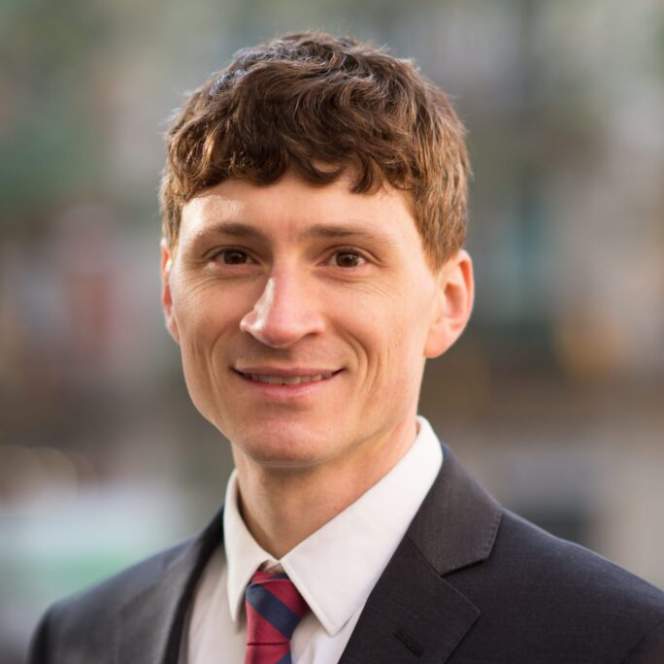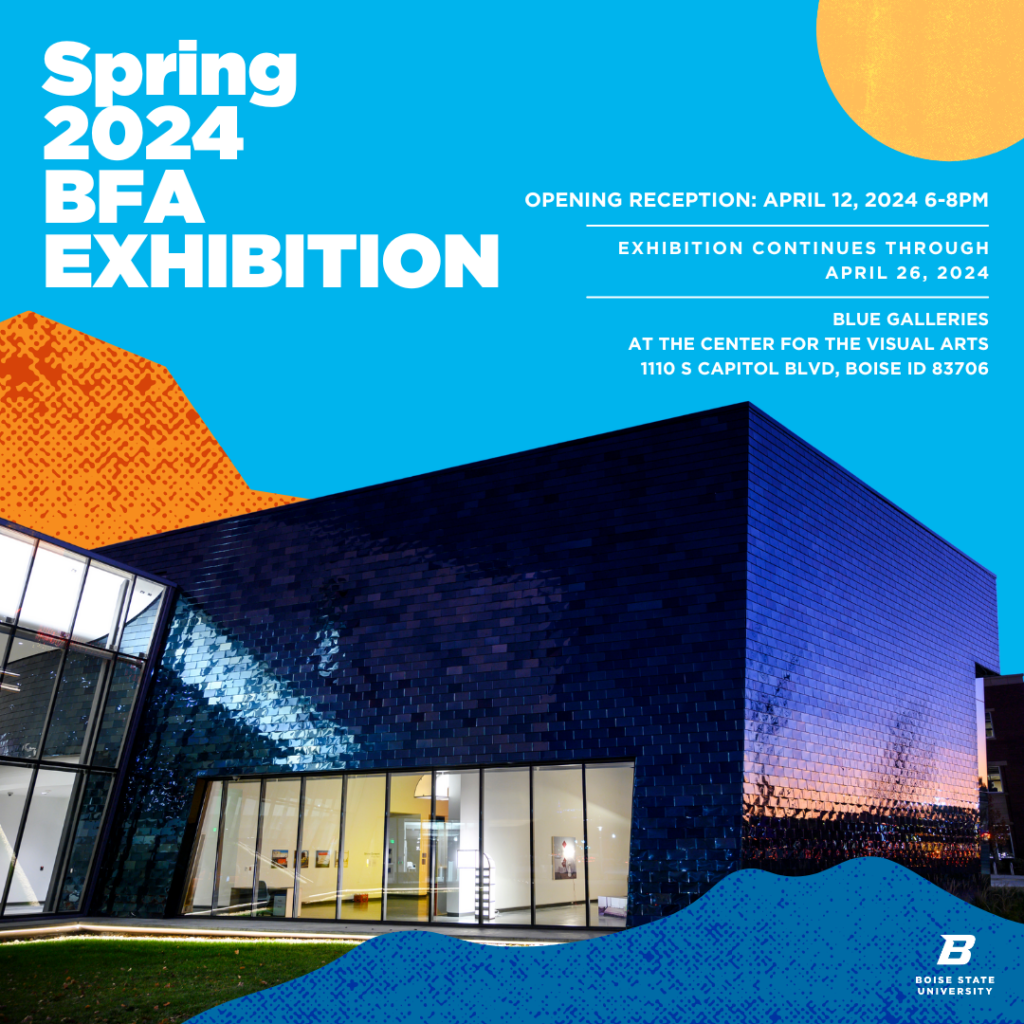
- This event has passed.
Kevin Roche Seminar
Monday, Apr. 10, 2023 @ 3:00 pm - 4:00 pm MDT

Join us on Monday, April 10th, for a presentation by Boise State Civil and Environmental Engineering Department’s very own Kevin Roche! Kevin will be presenting on “Recent theoretical developments for predicting whole-river reactivity and hydrologic variability.” This presentation will be RUCH 103 at 3pm, with a Cookies and Coffee Social Hour in the ERB main lobby starting at 2:15! Bring your own cup and enjoy some sweets before the seminar.
Read more about Kevin’s seminar below:
Abstract: “The thin layer between rivers and their underlying sediments is one of the most reactive regions in freshwater systems. Predicting the fate of important waterborne materials, such as nutrients and contaminants of emerging concern, therefore, requires a mechanistic understanding of how mass moves and reacts within this thin layer. I will highlight research that addresses three key features of rivers that make such predictions challenging: high heterogeneity, scaling, and hydrologic variability.
I will first present new theory that reveals how distinct features of the hyporheic zone control exposure to contaminants from the local to the whole-river scale. Our results highlight two dominant controls of exposure times to contaminants. First, while a shallow benthic biolayer in the subsurface is very effective at degrading stream-borne contaminants, compounds that propagate below this layer are sequestered in deeper locations of the hyporheic zone, which are less reactive and slower mixing. Back-diffusion from deeper locations causes exposure times to persist for orders of magnitude longer than would be predicted by classical reactive transport models. Second, predictions must account for the persistence of daughter products that can be as toxic as their parent compounds and which can extend exposure times by over 100% in porewaters.
I will conclude by presenting a recently developed model that predicts time-varying discharge in rivers. Among the most severe limitations of upscaled reactive transport models is the assumption of uniform flow. An important step for relaxing this assumption is to develop a parsimonious description of time-varying discharge. The parsimonious model reveals that a tug-of-war between two fundamental processes—water uptake by vegetation and water storage within hillslopes—determines how temporal patterns of precipitation are translated to temporal patterns of river flow. Counterintuitively, many of the 671 streams studied show greater variability of river flow than variability of precipitation. We find that this amplifying effect of catchments is likely to strengthen in response to climate change.” – Kevin Rochen, Assistant Professor in the Department of Civil and Environmental Engineering


